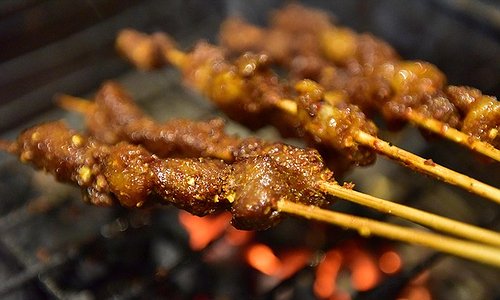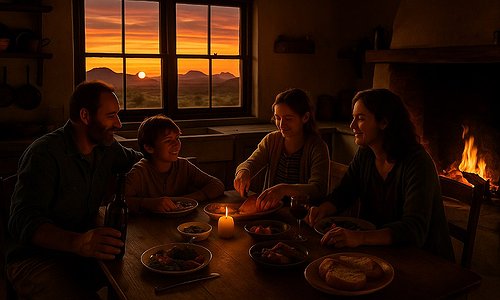Are French vintners in Stellenbosch about to taste sour grapes under EWC?
A surge in French acquisitions
French investment in Stellenbosch has intensified over the past decade. Notably, the Oddo family expanded their portfolio by acquiring three estates in the region, with Taaibosch, purchased in 2017, standing as their flagship property. The family's admiration for Stellenbosch's unique terroir and its potential for producing Bordeaux-style wines influenced their decision. Similarly, AdVini, a prominent French wine company, has established a significant presence in Stellenbosch. Since acquiring L'Avenir in 2011, AdVini has expanded its holdings to include Le Bonheur, Ken Forrester Wines, Stellenbosch Vineyards, and Kleine Zalze. This strategic expansion underscores AdVini's commitment to the region's potential.
Another major player, Les Grands Chais de France, has made substantial investments, acquiring estates like Neethlingshof and Villiera, further cementing French interest in South African vineyards.
The French effect on the South African wine industry
French investors, with their established distribution networks, can introduce South African wines to new international markets, increasing export opportunities. Investments often lead to infrastructural developments and the establishment of logistics hubs, creating employment opportunities and fostering skills transfer within local communities. The association with renowned French wine brands elevates Stellenbosch's appeal as a wine tourism destination, attracting global visitors and boosting local economies.
What about private property?
The surge of French acquisitions in Stellenbosch’s wine industry has been met with both admiration and unease. On the one hand, deep-pocketed investors from Bordeaux and Burgundy are pouring capital into historic Cape estates, injecting expertise, modern technology, and global marketing power into an industry already renowned for its world-class vintages. On the other, this Gallic investment is unfolding in a political environment where land ownership in South Africa is a deeply contested issue, one that could be thrown into turmoil by the potential implementation of Expropriation Without Compensation (EWC). EWC, a policy framework aimed at addressing historical land dispossession, remains shrouded in uncertainty. If fully enacted, it could target underutilized or strategically important land, raising key questions for Stellenbosch’s wine elite.
Would acquisitions made under current laws be retrospectively challenged?
How would France, known for its fierce protection of its own agricultural heritage, react if its citizens' vineyards in the Cape were threatened by state intervention?
There’s also the economic fallout to consider. Stellenbosch is not just a winemaking hub; it’s a significant employer and a linchpin of South Africa’s wine exports. Any instability in land rights could deter further foreign investment, stifle development, and weaken international confidence in South African wine. At the same time, there’s a growing call for greater transformation in the industry, with EWC potentially reshaping ownership structures in favour of local stakeholders.
For now, Stellenbosch’s French renaissance is thriving, but if EWC enters the mix, the fine balance between investment, transformation, and political risk could turn what is currently a golden vintage into something far more volatile.




